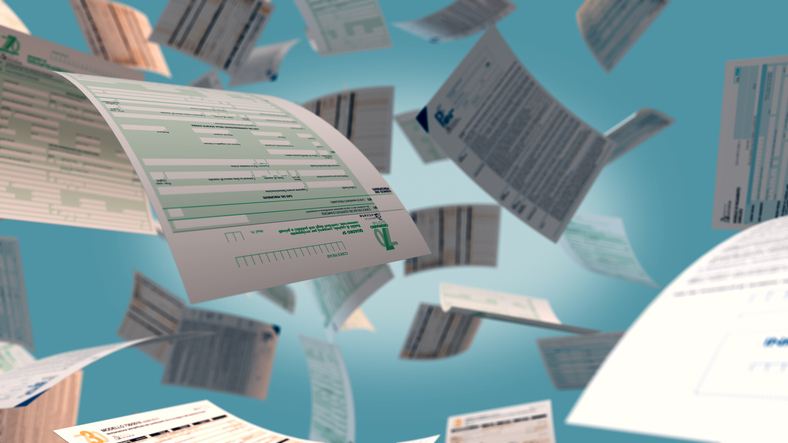Freight rail is one of the best free-market ways to relieve Chicago’s transportation problems and local leaders should be wary of unjustifiably attacking its expansion (August 12, “Monster trains coming down the tracks?”). Instead of burdening the citizens, rail would help ease traffic and reduce commuters’ fuel bills at no cost to taxpayers.
If local officials begin rejecting private freight rail expansion as part of a comprehensive transportation solution, then citizens will have to foot the bill for problems far worse than an occasional three-minute annoyance.
The seventh annual Congestion Relief Index, written by Heartland Institute Senior Fellow Wendell Cox, shows that expanding freight rail would dramatically reduce congestion, pollution, and fuel use in urban areas such as Chicago.
According to Cox, if America were to shift 25 percent of freight from trucks to rail by 2026, a Chicago commuter would save an average of $949 in congestion costs, 69 gallons of fuel, and 42 hours of congestion delay per year.
Residents of affected towns need to step back and look at the big picture rather than get hung up on easily minimized railroad crossing inconveniences.
John Nothdurft ([email protected]) is a legislative specialist for The Heartland Institute.




